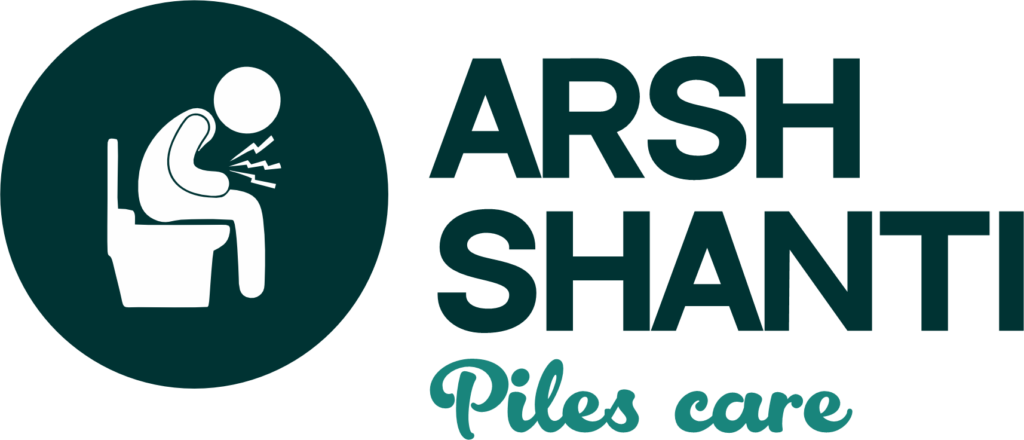Hemorrhoids, also known as piles, are swollen blood vessels in the rectal area that can cause discomfort and pain. While the exact cause of hemorrhoids is not always clear, there are several factors that can contribute to their development, including stress and tension. In this article, we will explore how stress and tension can affect hemorrhoids and what you can do to manage these symptoms.
Understanding the Connection
Stress and tension can have a significant impact on our overall health, including the development and worsening of hemorrhoids. When we are stressed or tense, our bodies release stress hormones such as cortisol, which can lead to increased blood pressure and inflammation. This can cause the blood vessels in the rectal area to become swollen and irritated, leading to the formation or aggravation of hemorrhoids.
Additionally, stress and tension can contribute to poor lifestyle habits that can further exacerbate hemorrhoid symptoms. For example, when we are stressed, we may be more likely to engage in behaviors such as sitting for long periods, straining during bowel movements, or consuming unhealthy foods. These habits can put additional pressure on the rectal area and increase the risk of hemorrhoids.
Managing Stress and Tension
While it may not be possible to completely eliminate stress from our lives, there are several strategies that can help manage stress and reduce its impact on hemorrhoids:
- Practice relaxation techniques: Engaging in activities such as deep breathing exercises, meditation, or yoga can help relax the body and reduce stress levels.
- Exercise regularly: Physical activity can help relieve stress and promote healthy bowel movements, reducing the risk of hemorrhoids.
- Get enough sleep: Prioritizing sleep and ensuring an adequate amount of rest can help reduce stress levels and improve overall well-being.
- Maintain a healthy diet: Consuming a balanced diet rich in fiber can promote regular bowel movements and prevent constipation, which can worsen hemorrhoid symptoms.
- Stay hydrated: Drinking plenty of water can help soften stools and make them easier to pass, reducing the strain on the rectal area.
- Seek support: Talking to a trusted friend, family member, or healthcare professional about your stress and concerns can provide relief and guidance.
When to Seek Medical Attention
While managing stress and tension can help alleviate hemorrhoid symptoms, it is essential to seek medical attention if the symptoms persist or worsen. A healthcare professional can provide a proper diagnosis and recommend appropriate treatment options based on the severity of the condition.
In some cases, medical interventions such as topical creams, suppositories, or surgical procedures may be necessary to treat hemorrhoids effectively. It is crucial to follow the advice of a healthcare professional and not rely solely on self-diagnosis or over-the-counter remedies.
Stress and tension can have a significant impact on the development and worsening of hemorrhoids. By managing stress levels and adopting healthy lifestyle habits, individuals can reduce the risk of hemorrhoids and alleviate their symptoms. However, it is important to seek medical attention if the symptoms persist or worsen, as proper diagnosis and treatment are crucial for effective management of hemorrhoids. Remember to prioritize self-care and seek support when needed to maintain optimal health and well-being.
